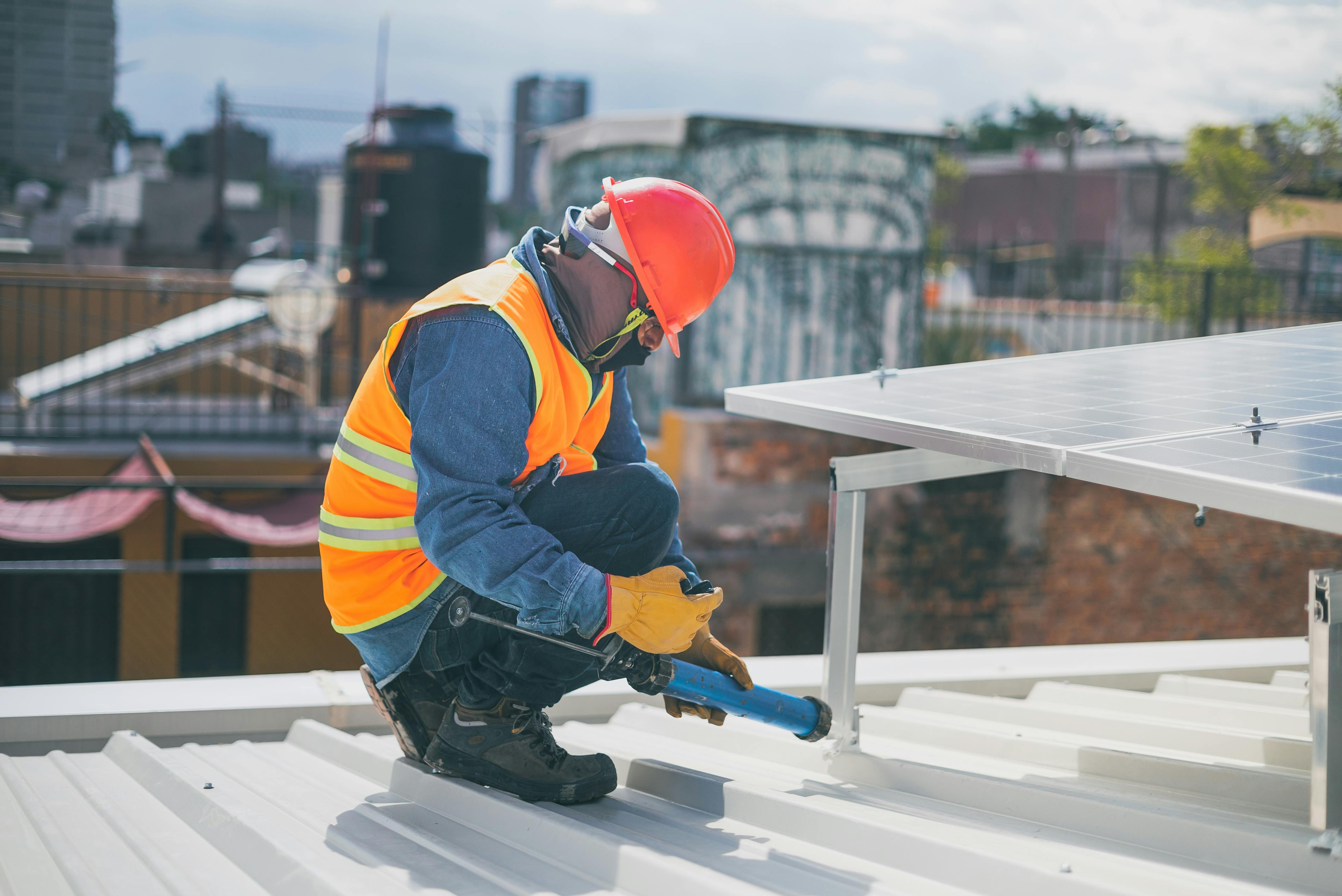Landlord Blog
Education and news for smart DIY landlords!
Avoiding Burnout as a First-Time Landlord

Becoming a landlord for the first time can feel empowering—you’re investing in property, generating income, and building wealth. But once the rent checks, repair calls, and lease questions start piling up, that excitement can turn into exhaustion fast. Managing tenants, maintenance, and finances all at once can take a toll, especially if you’re new to the game. The good news? With a few smart systems and the right mindset, you can avoid landlord burnout and keep your investment running smoothly.
1. Start with Clear Boundaries
New landlords often try to be overly accommodating, responding to every message immediately or handling every small issue themselves. That’s a quick path to burnout. From the beginning, set clear expectations with tenants about how and when you can be reached, and stick to those boundaries. Use written communication whenever possible—it keeps things professional and gives you a record if issues arise.
2. Treat It Like a Business
Even if you’re renting out a single home or apartment, think of it as a business. Create a separate bank account for rental income and expenses, use accounting software or spreadsheets to track everything, and keep digital copies of leases, receipts, and inspection reports. When you stay organized, you’re less likely to feel overwhelmed or blindsided by unexpected costs.
3. Outsource Where It Counts
You don’t have to do it all. Many new landlords burn out because they try to be the property manager, handyman, and accountant all at once. If the workload starts eating into your personal time or peace of mind, consider outsourcing. Hiring a property manager may cost around 8–10% of the monthly rent, but it can save you countless hours and headaches. Similarly, hire professionals for major repairs instead of attempting risky DIY fixes that might cost more in the long run.
Read more: The Pros and Cons of Hiring a Property Management Company
4. Build a Reliable Maintenance Network

Having a go-to list of trusted plumbers, electricians, and handymen can make your life infinitely easier. When something breaks, you won’t waste time scrambling to find help. Regular maintenance—like seasonal HVAC checks, gutter cleaning, and appliance servicing—also prevents small problems from becoming big, stressful ones.
Discover: Why Home Maintenance Is an "Investment Protection"
5. Learn the Laws (and Follow Them)
Nothing drains a new landlord faster than unexpected legal trouble. Each state and city has its own landlord-tenant laws covering security deposits, eviction procedures, and property safety. Familiarize yourself with these rules early, or consult a real estate attorney to make sure your leases and practices are compliant. Staying informed protects both your investment and your sanity.
6. Give Yourself Breathing Room

Finally, don’t forget that being a landlord is just one part of your life. Schedule downtime, take breaks between projects, and avoid taking on more properties than you can handle. Real estate should add to your financial security—not strip away your peace of mind.
Final Thoughts
Burnout often happens when first-time landlords underestimate the time and energy property management takes. By setting boundaries, staying organized, and leaning on professionals when needed, you can build a sustainable, low-stress rental business. Remember: success as a landlord isn’t about doing everything yourself—it’s about creating systems that let your investment work for you, not the other way around.
